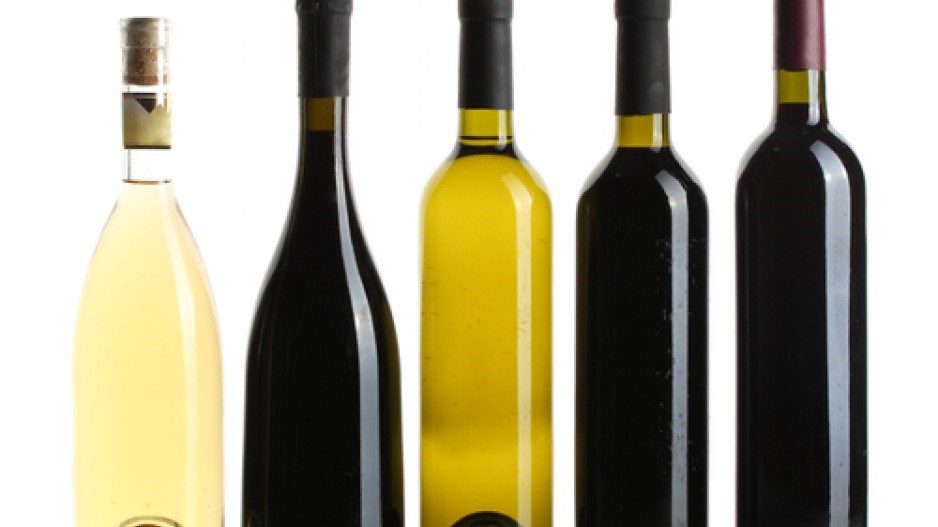B.C. wineries are expected to get a small bump in sales thanks to the Nova Scotia government’s June 25 announcement that it will allow its residents to order Canadian wine directly from wineries across Canada without having the product funnel through the province’s liquor corporation and be taxed along the way.
At least 85% of the bottled wine must be derived from fruits or other agricultural products grown in the province that produced it. The rest of the wine must come from fruits or other agricultural products grown in the rest of Canada.
“The revenue implications for B.C. wineries probably will be pretty moderate because Nova Scotia is not a big market and it is a long way to Nova Scotia so the shipping cost of wine to Nova Scotia will be fairly high,” wine lawyer and Vintage Law principal Mark Hicken told Business in Vancouver.
“That said, I think it’s a significant step forward in hopefully encouraging more provinces to follow suit. It shows leadership on the part of the Nova Scotia government particularly to Ontario, which has been making some indications that they’re thinking about doing this but nothing has happened so far that is concrete.”
B.C.’s Agriculture Minister, Norm Letnick, was quick to congratulate the Nova Scotia government for following B.C.’s example.
B.C. and Manitoba already allow residents to order Canadian wine directly from wineries across Canada and have those products delivered directly to their doors.
“I know this is also a priority for the overall Canadian wine industry,” he said.
Okanagan-Coquihalla MP Dan Albas was similarly impressed.
“Very pleased to hear Nova Scotia will join BC in supporting the free trade of Canadian wine,” he said on his Twitter account.
Albas sparked a sensation in 2011 when he introduced a private members bill seeking to allow Canadians to import wine from another province for the purpose of consumption.
That bill, C-311, passed and replaced a Prohibition-era law that was ridiculed by wine activists such as Terry David Mulligan because it was rarely enforced yet had significant implications for wine consumers and entrepreneurs.
Mulligan had taunted authorities earlier in 2011 when he drove across the B.C.-Alberta border with a case each of B.C. and Ontario wine in the trunk of his car. Before he made the trip, he notified police and liquor control officials.
He also spoke to media outlets such as Business in Vancouver to feature his act of civil disobedience.
The actions of both Albas and Mulligan then spurred the use of the hashtag #FreeMyGrapes on Twitter.
Okanagan winemaker and Tinhorn Creek Estate Winery principal Sandra Oldfield used the Nova Scotia government’s announcement as a catalyst for offering a free case of wine to those who met certain conditions of her contest.




